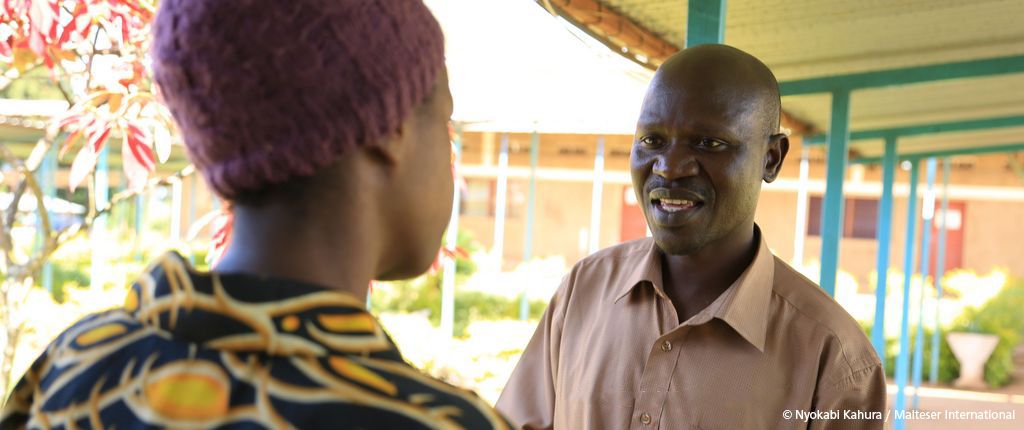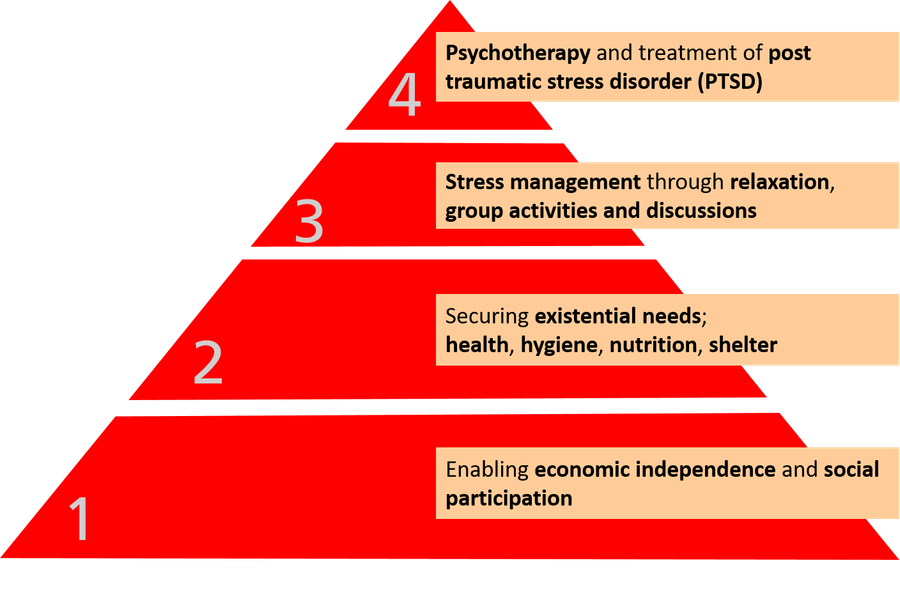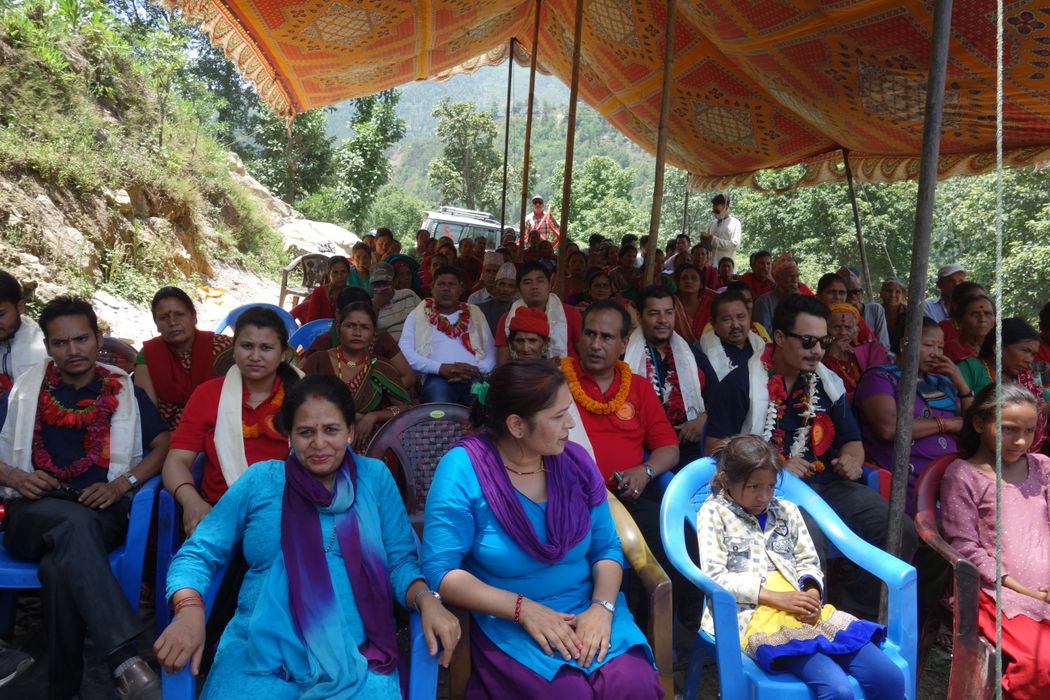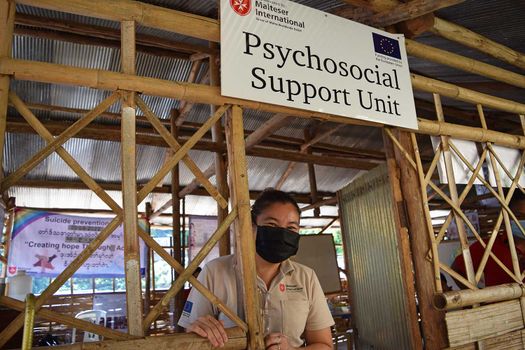A life in health and dignity means helping people to fulfil their basic economic and social needs. Our aid measures here are as varied as these needs.
Family members often lose contact during disasters, forcing them to search for their children, siblings, and parents. Reuniting families is an important task at the second level of Psychosocial Support.
Especially in disasters and cases of violent displacement, offering the chance to bury dead loved ones with dignity is also an important element of Psychosocial Support.
When family networks have been re-established, the restoration of economic independence and social participation becomes important
Children need a safe space to develop, play, and learn. Children should be able to continue their school lessons, and need recreational activities to keep them busy, maintain their development, and allow the adults to earn money. Young adults need vocational education or training to prepare them for work. Those who have experienced injustice require legal support.
The second level of psychosocial support can also involve a wide range of social advice and support mechanisms. This can involve daycare facilities, schools, youth groups, income-generating measures, vocational training, and legal consultation.
Providing assistance to people at their individual level smooths the way for positive developments at the community level. Helping people to help themselves allows for the organic creation of community structures. These allow for the skills acquired by individuals to be passed on to others and multiplies the effect of our aid.












